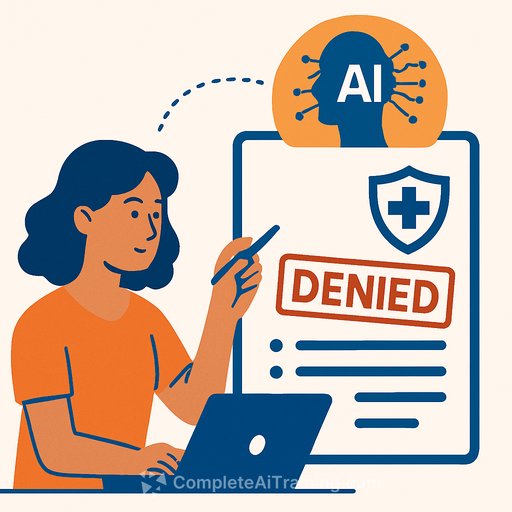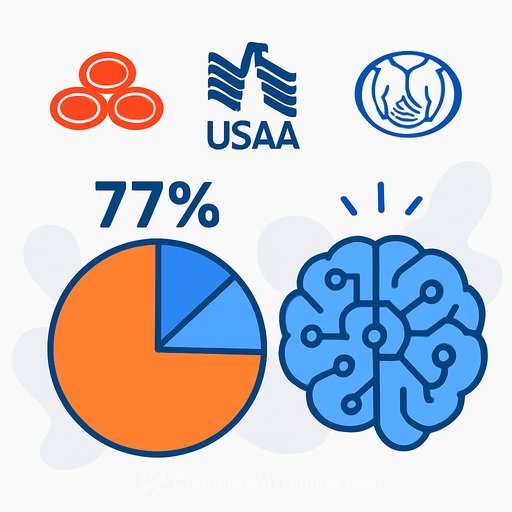AI Brings New Hope to Patients Battling Denied Health Insurance Claims
Denied health insurance claims are common, with nearly 20% of in-network claims rejected each year. Yet, fewer than 1% of consumers appeal these decisions. Fortunately, artificial intelligence (AI) tools are stepping in to simplify the appeals process and increase patients' chances of success.
How AI Appeals Work
Services like Claimable and Fight Health Insurance use AI to help patients challenge denied claims. Claimable starts by asking users to complete a 25-minute survey detailing their case. It then combines this information with peer-reviewed studies and relevant laws to produce a personalized appeal letter.
Zach Veigulis, Claimable’s co-founder and chief AI officer, points out that what once took 30 to 50 hours can now be done in about 30 minutes. Claimable charges a flat fee of $39.95 per appeal, regardless of the outcome. Additional costs include shipping letters to insurance companies and relevant authorities, such as state insurance departments or the Department of Labor.
Currently, Claimable covers appeals for 75 medications across more than a dozen conditions but plans to expand its coverage. Alternatively, Fight Health Insurance offers a free AI-based service where users upload their denial and related documents to receive an appeal letter generated by a chatbot.
General-purpose AI chatbots like ChatGPT or Google Gemini can also help draft appeals, though they lack specialized training for insurance claim disputes.
What to Watch For
Patient advocates emphasize the importance of reviewing AI-generated appeal letters. Caitlin Donovan from Patient Advocate Foundation (PAF) stresses that a skilled human reviewer can spot inconsistencies and know which strategies to apply for the best results.
Donovan notes, “Having someone experienced with the system is better than relying solely on AI-generated documents.” However, access to expert help isn’t always available, so even AI assistance is a step forward. The PAF recommends patients consult their guide on appealing denials to prepare effectively.
Tip: Before filing an appeal, carefully read the explanation of benefits or denial letter. If unclear, contact your insurer for clarification.
A Growing Problem for Patients
Health care providers report an increase in claim denials, with cases becoming more complex. PAF case managers now make up to 30 calls per case, compared to 22 calls a decade ago.
Insurance denials sometimes contradict the insurer’s own medical policies or apply stricter standards than accepted clinical guidelines. Some denials arise from non-medical reasons. For example, CVS Caremark removed the weight-loss drug Zepbound from its formulary on July 1 to manage costs, favoring Wegovy instead. Claimable has developed an appeals strategy for patients affected by this change.
The Bottom Line
Millions of health insurance claims face denial annually, but few are challenged. AI tools like Claimable are making it easier and faster to file appeals with customized letters for a flat fee. Still, experts recommend having a human review these letters for accuracy and effectiveness.
As denials increase, AI tools offer a practical first step for patients seeking to contest coverage decisions.
Your membership also unlocks:






